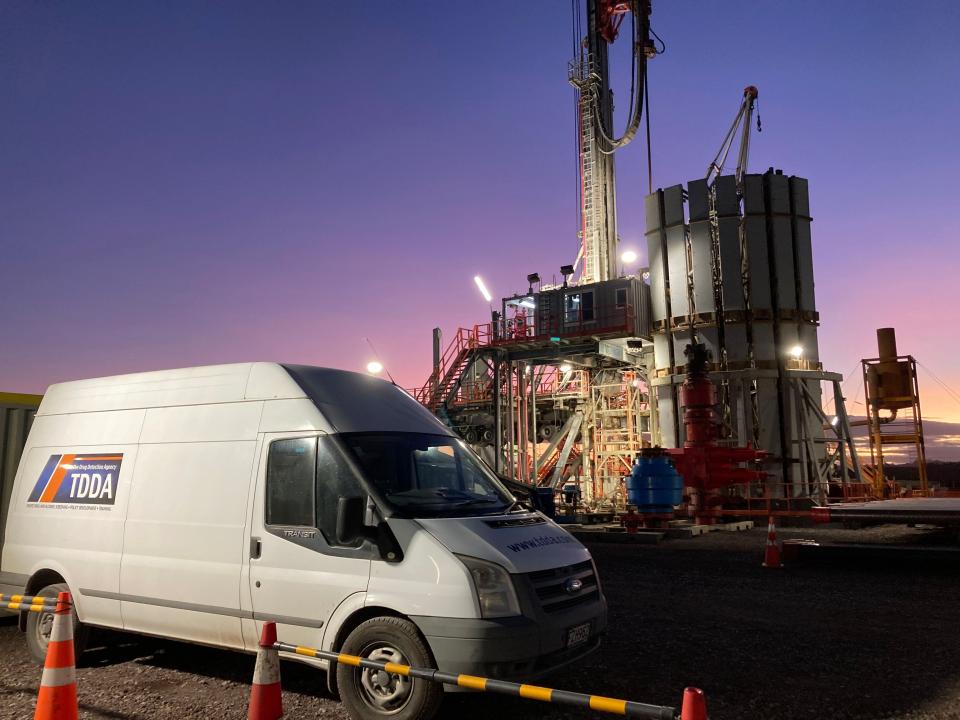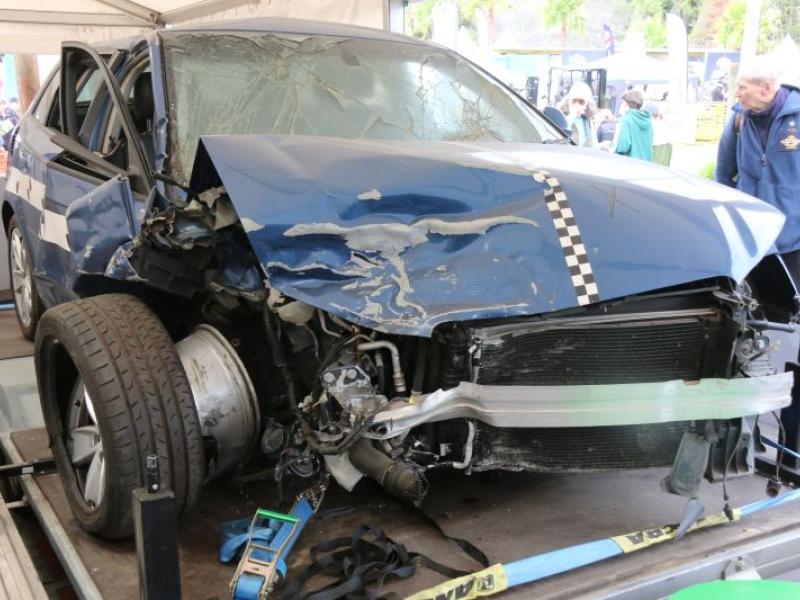By: Glenn Dobson, CEO of The Drug Detection Agency (TDDA)
Something’s changed, and it’s not good.
TDDA’s drug and alcohol screening data shows a sharp rise in amphetamines, and the biggest offender is meth. Our data, from the Imperans Q4 2024 report, showed detections jumped to 24.4 per cent, up from 18.8 per cent a year earlier. That’s a clear red flag for any businesses managing drivers or vehicle fleets.
Wastewater testing revealed the highest levels of methamphetamine, also known as ice or ‘P’, consumption ever recorded in the second half of 2024. This data confirmed what our technical experts suspected – meth is bigger than ever and every transport operator in New Zealand should be concerned.
When meth use grows in communities, it’s only a matter of time before it shows up in the workforce. And in transport, the risks are immediate and serious. According to the NZTA, drugs are present in nearly a third of all fatal crashes on our roads, with meth and cannabis the most common.
Meth cause dizziness, impaired coordination, aggressive behaviour, and poor judgement. And like alcohol or any other drug, there are hangover effects. Fatigue caused by drug use can cloud driver judgement and cause slow reaction times, making it unsafe to stay alert on long drives. After meth wears off, drivers experience a severe “crash” caused by extreme fatigue and sleep deprivation. Studies show drivers can fall asleep suddenly at the wheel after being awake for more than 24 hours, with crash risks increasing 11-fold compared to well-rested drivers.
The increase in meth use by Kiwis is a clear and present danger to fleet safety. Maintaining compliance with HSWA 2015 and protecting your drivers is crucial.
Don’t wait for a crisis
To remain compliant means identifying and managing the risks of impairment. If a driver under the influence causes a crash, and it’s found that the business didn’t have appropriate testing or policies in place, the consequences can be severe. Legal liability, financial penalties, ACC issues, reputational damage and personal exposure for directors are all on the table.
Every transport business TDDA works with has safety policies. But policies aren’t worth much if they’re not enforced, reviewed, and told to employees regularly. Here’s what I tell every fleet manager I sit down with.
“If one of your drivers is found to be at risk of impairment after an incident, the spotlight lands squarely on you. You’re about to be scrutinised by regulators. Did you create a culture of safety? Do you have a policy and was it communicated to your drivers? Did you conduct education sessions? Did you have a testing programme in place? All of these aren’t nice-to-haves anymore, they’re critical for safety and you and the business’s best line of defence.”
Beyond safety and legal risks, there are real operational costs. Regular meth use leads to missed shifts, decrease in work standards, conflict, and falling morale. Left unchecked, it sends the wrong message that safety culture is just a buzzword and that leadership isn’t willing to confront difficult issues. In a sector already battling driver shortages, that’s the last thing you need.
Roadside drug testing is on the way
By late March, drug-driving testing legislation passed its final reading. Roadside testing is set to begin by December, with 50,000 tests planned annually. This is a critical move that adds new urgency, during a boom in meth use, for businesses to ensure their drivers are fit for the road.
Here’s a checklist for fleet safety:
- Review your drug and alcohol policy with a professional
- Introduce a testing programme that’s custom fit for your business
- Educate and train supervisors and managers to recognise the signs of impairment
- Educate your staff so they understand your drug and alcohol policy and your expectations.
The Drug Detection Agency (TDDA) is here to help. We offer 24/7 mobile drug and alcohol testing, tailored training and education programmes, and expert guidance on workplace substance use policies. An independently accredited testing agency with experienced staff across New Zealand, we support businesses in fostering drug-free workplaces from high-risk industries to corporate offices. If you want help putting the right systems in place, visit tdda.com.






